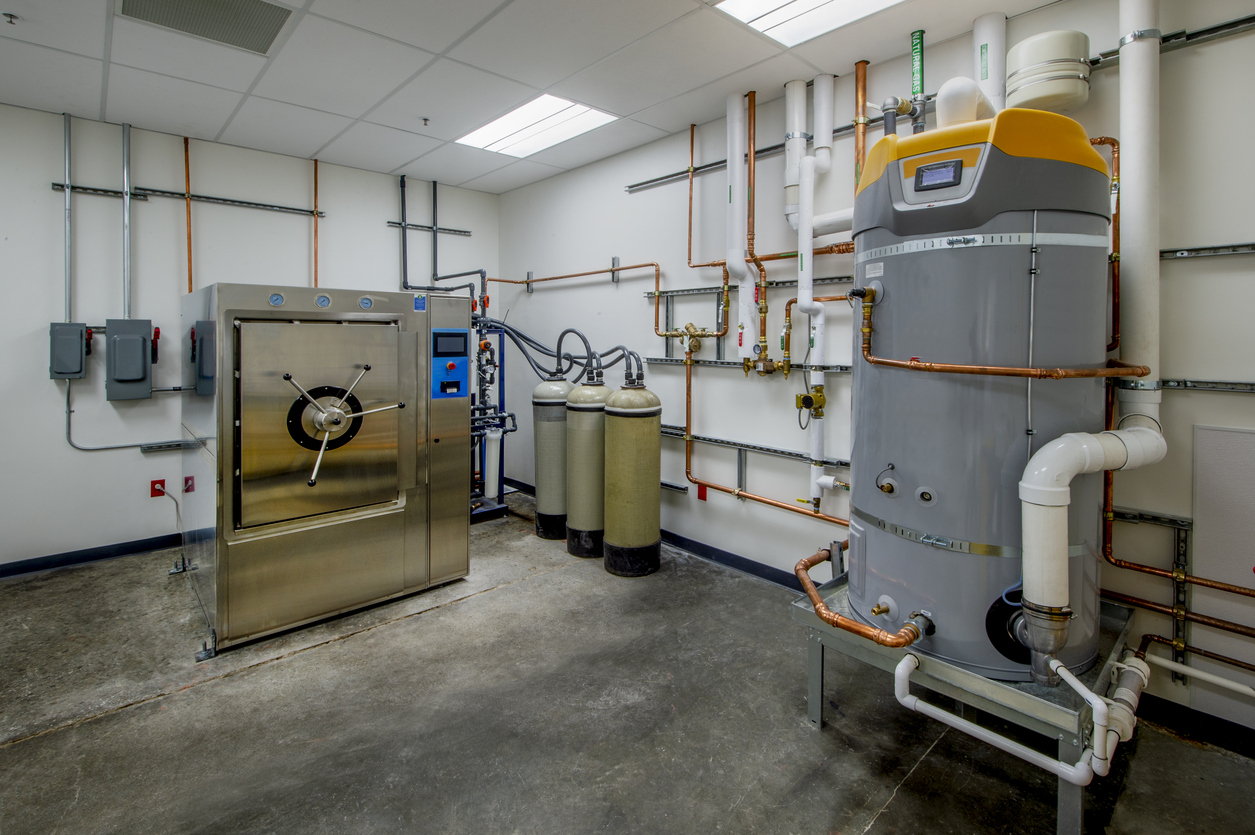
A sound water filtration system can be beneficial when dealing with many variables in a processing environment. Filtering water is essential to better health, mainly if an area’s water source contains particular bacteria or chemicals. Failure to filter water in a commercial setting may put businesses at risk if a third party sustains an injury from using offered water. Insurance agents can discuss these concerns with clients and suggest ways to protect themselves from liability. One such method is installing a water filtration system. Of course, buyers must do research to identify the most effective option.
Think About Water Filtration System Placement
The first step in picking the best water filtration system is thinking about placement. Some of the common point-of-use options include faucet-mounted filters, under-sink filters, gravity filters, distillers, and pitcher filters.
POU water filtration is often less expensive and easier to install, but the plumbing still contains potentially contaminated water. If people use the system incorrectly or not, they may become ill. On the other hand, POU filtration may be the best option if a point-of-entry model is too expensive, primarily if the business utilizes water from a single source.
In contrast, POE options filter water before it enters the building’s pipes. If a business has multiple points of use (sinks in a restaurant kitchen, bathrooms at a hotel, etc.), a POE system can be more economical since it requires less maintenance and ensures all water meets high standards.
Research Efficiency of the System
There are many forms of water filtration systems, each of which excels at removing specific contaminants. For example, ultraviolet light models kill viruses, bacteria, and protozoa. However, they don’t remove chemicals. For that, businesses need activated carbon.
Additionally, a water filtration system typically doesn’t remove minerals such as calcium and magnesium. To treat “hard” water, companies should look into the softening & purification industry.
Hard water doesn’t pose a health problem; humans need some magnesium and calcium in their diets. Some people enjoy and prefer the taste of hard water. However, these minerals have their downsides:
- Dries out hair and skin, creating rough textures
- Leaves calcium deposits on sinks and bathtubs
- Reduces the life of appliance due to calcium buildup in hoses
Water softeners can extend the life of fridges, washing machines, and dishwashers, making them a sound investment for businesses looking to save money.
Consider Water Filtration System Maintenance
All filtration systems require some degree of maintenance to produce high-quality water. However, the maintenance’s frequency, difficulty, and cost vary by model.
For instance, activated carbon options require new filter cartridges after a certain amount of use. The instruction manual typically gives a timeframe, and many models have color-coded lights to indicate the need for a filter change.
Businesses may also need to eliminate containment buildup with regular cleaning. Depending on the system’s intricacy, scheduling professional cleaning and repair may be easier than assigning the duty to a staff member. Some models aren’t compatible with cleaning products, and a simple mistake could result in needing a complete replacement.
Finally, companies should consider the sustainability of a water filtration system. Reverse osmosis requires much water to produce a small filtered amount. Brands associated with environmental friendliness should look for low-impact models to remain aligned with their values.
About Watercolor Management
Watercolor Management has insured the water industry for over 30 years. Our policies include unlimited defense cost coverage in the event of a lawsuit against you. Call us at (855) 929-0824 or email info@watercolormanagement.com for a quick quote for your Water Business Professional, Products/Completed operations, Pollution and General Liability Insurance.




